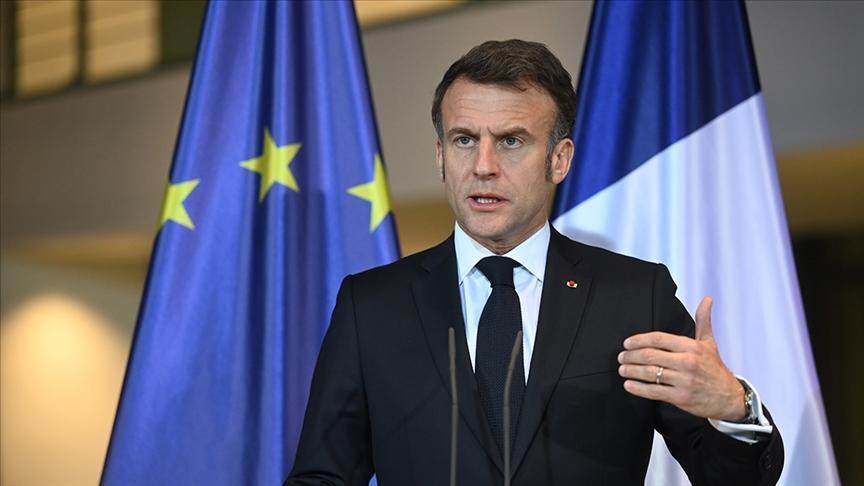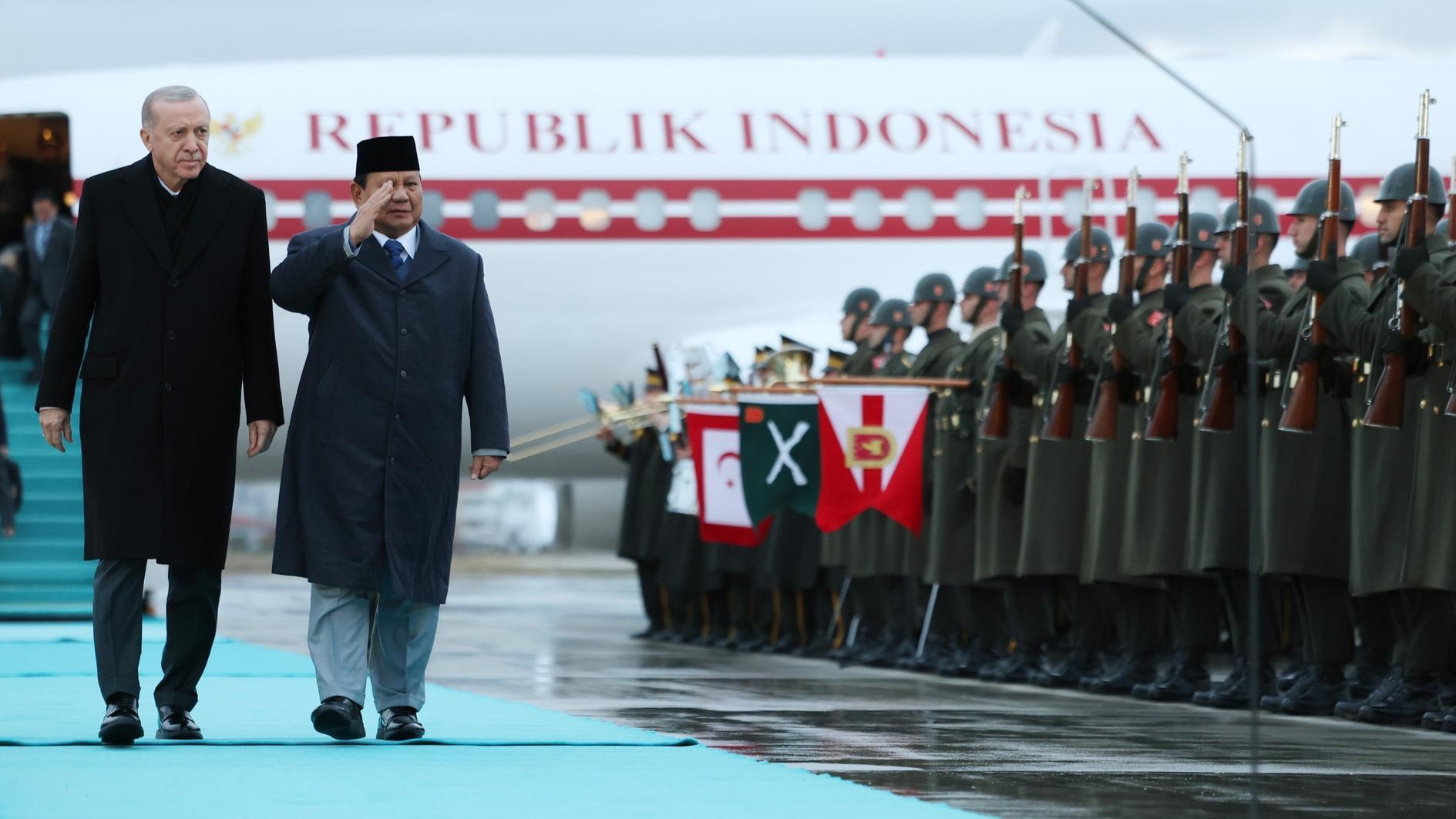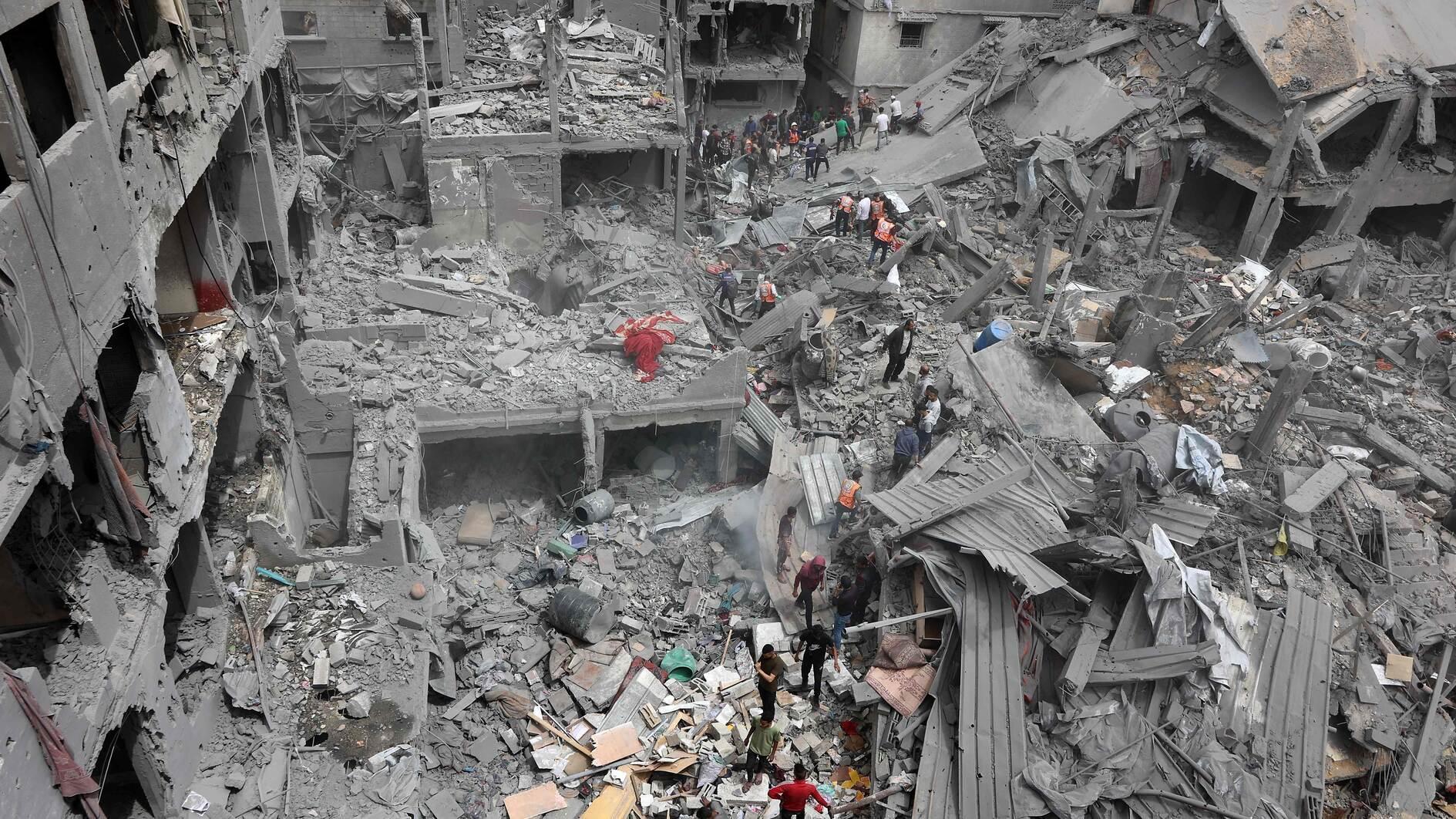Does Turkey face an ‘existential’ threat?
Is Turkey facing an “existential” threat? Or is the government exaggerating problems in order to justify its authoritarian steps?
There is no doubt that the issues facing the country have reached an “existential” level. In the Middle East, borders are becoming more increasingly fragile and many “great powers” are pursuing their own interests.
Turkey’s problems are neither random nor ordinary. We should not forget the amount of blood lost in the military, the security institutions, and the judiciary following last year’s coup attempt.
‘A need for dialogue’
So how effective are the ruling party’s policies vis-à-vis this “existential threat”?
The government should certainly start a sincere examination process. If mistakes get fixed, both the country and the ruling party will benefit. But if it excludes all dialogue, criticism and auditing it will only make matters worse.
How did the government allow the outlawed Kurdistan Workers’ Party (PKK) to stock up on arms despite calls to disarm during the collapsed peace process? How did the government praise a federal “state system”? How did it flash a green light to Iraqi Kurdistan Regional Government (KRG) President
Masoud Barzani’s referendum move by dismissing it as an “Iraqi problem”? How did it base its policies narrowly on “removing Bashar al-Assad” in Syria? How did we lose so many of our Middle Eastern allies?
What perspective produced all these mistakes? Critical thinking is necessary here.
Turkey as a ‘fading star’
Of course, the rise of the far-right in Europe and the United States plays a role in the worsening of our relations. And it is clear that when it comes to the Middle East we have a conflict of interest with the West.
But dialogue still needs to resolve the following issues: Are we not responsible for any mistakes? Is our approach correct? Are our assumptions well-grounded? Are we pursuing the right kind of communication? Don’t we need to fix these issues? Of course, “enemies” will play their games. But why were they a non-factor until now, when Turkey was once considered a “rising star”?
The ruling Justice and Development Party (AKP) should ask itself the following question: What role do democracy, law and order play in a country’s rise?
The years when the AKP was boasting about Turkey’s rise were the years when Turkey was adapting to European Union standards. Just compare the Venice Reports that were published about Turkey then and now.
A historian’s warning
Princeton historian Şükrü Hanioğlu has written perceptively about all these questions. Writing in the daily Sabah newspaper, Hanioğlu recently warned about the danger of “making the exceptional a norm,” saying politics should instead “move towards pluralism.”
“Our objective should be to ensure that Turkey has a future, and I don’t mean a future in which Turkey simply ‘exists.’ It should encompass the transformation of Turkey into a liberal, democratic state, governed by law and order. Politics should focus on this,” he wrote on Oct. 22.
The government must have understood by now that downgrading democracy, law and order leads to serious domestic and international consequences?
In order to create a state that makes people proud to stand beneath its flag, the embrace of a Western-style democracy, girded by the rule of law and order, is essential. That is what still needs to materialize in Turkey.











